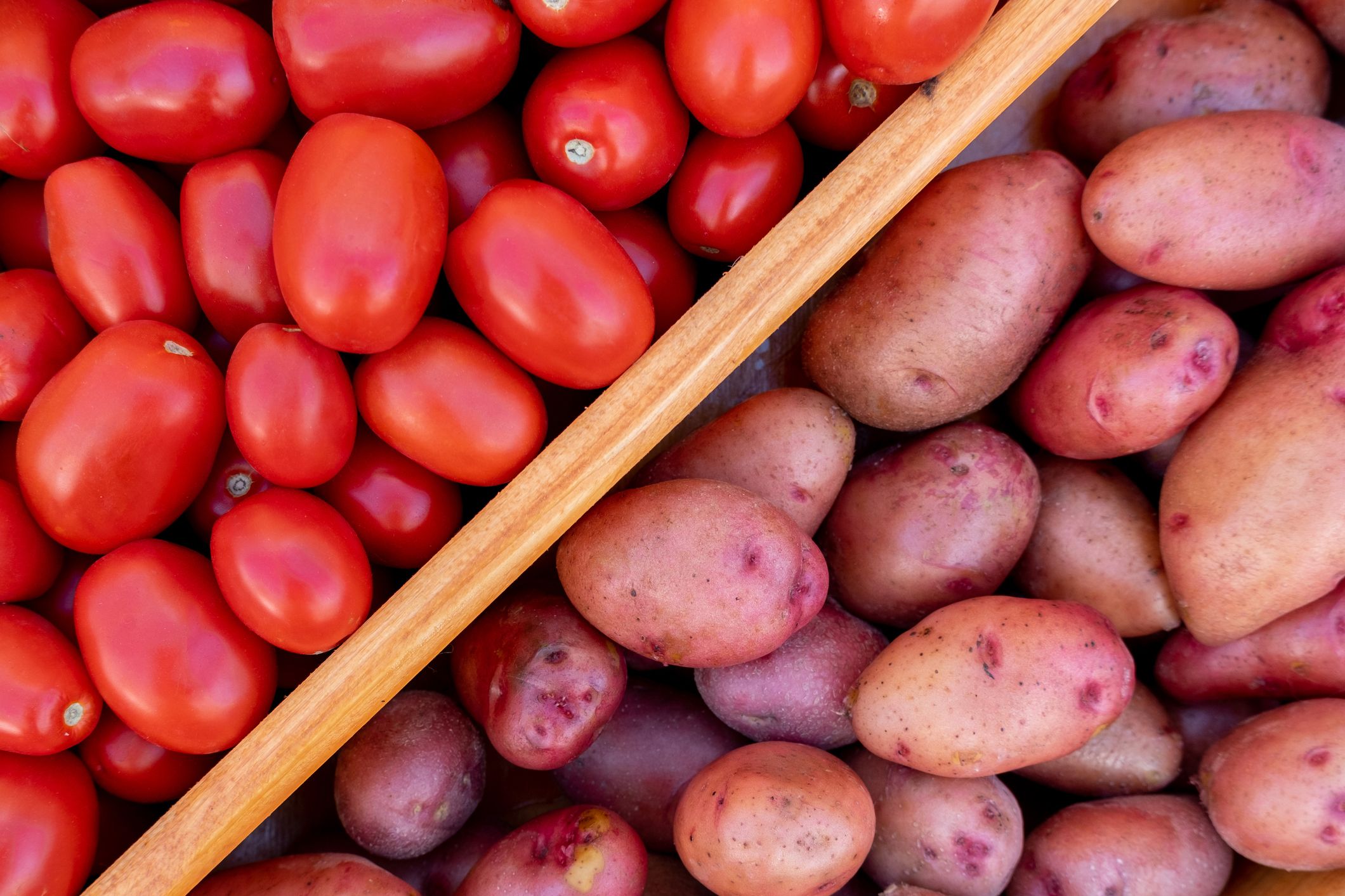Science Reveals the Surprising Origins of the Potato
Recent research in the field of botany has shed new light on the origins of one of the world’s most beloved vegetables: the potato.
Contrary to popular belief, the potato did not originate in Ireland or the Americas, but rather in the highlands of Peru and Bolivia.
Scientists have discovered that wild potatoes were first cultivated by indigenous people in the Andes mountains over 7,000 years ago.
These early farmers developed methods of growing and preserving potatoes for food, eventually leading to the widespread cultivation of this versatile crop.
The Spanish explorers who encountered the potato in the 16th century brought it back to Europe, where it quickly gained popularity as a staple food.
Today, the potato is grown and consumed in countries around the world, in a variety of forms from mashed to fried to baked.
Scientists continue to study the genetic makeup of the potato in order to better understand its evolution and potential for future cultivation.
The discovery of the potato’s true origins highlights the importance of traditional farming practices and the crucial role played by indigenous communities in the development of agriculture.
So the next time you enjoy a plate of french fries or a bowl of potato salad, remember the long and fascinating journey that this humble tuber has taken to reach your table.



